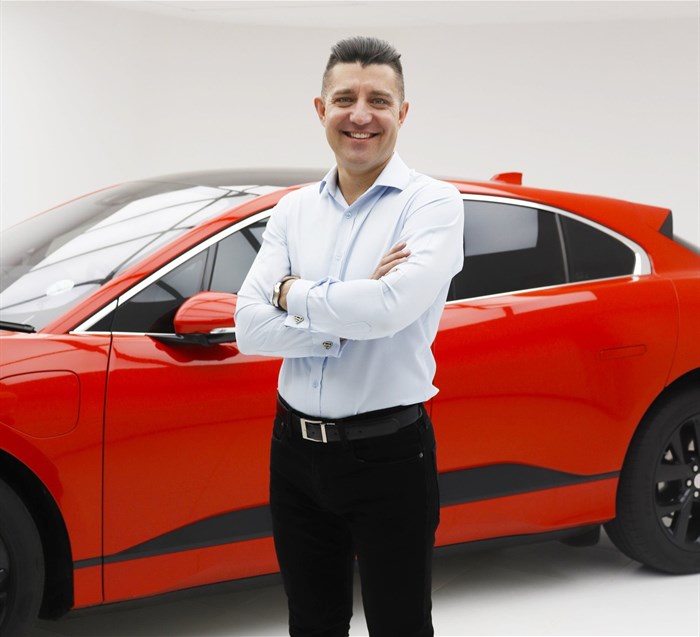
Top stories






AutomotiveHilux Custom Builds offers purpose-built solutions for your business
Toyota South Africa Motors 16 Feb 2026
More news


Marketing & Media
Ads are coming to AI. Does that really have to be such a bad thing?














Now 2022 is here and the automotive landscape continues to be shaped by the enduring impact of the global pandemic. But changes to the way consumers live, work and interact with retail businesses are still driving extraordinary shifts in the market, while other strong trend signals have emerged, too.
For instance, a look at AutoTrader’s extensive data shows me consumers are utilising online motoring platforms during the research and consideration phase of the car-shopping journey more than ever before. Online car finance and valuation tools, too, will prove to be even more popular in 2022, further driven by a broader consumer requirement for transparency.
I see this trend extending further still into the actual purchasing experience, with dealerships shifting yet more of the process online and even digitally integrating the roles of the various financial institutions involved in a given purchase. In short, buyers will need to spend increasingly less time in physical showrooms completing reams of mind-numbing paperwork. That’s a plus for everyone.
The products they’re going to be buying will start to change, too. You see, Europe’s rapid shift towards electric mobility will ultimately have a striking impact on the local market, regardless of myriad concerns around South Africa’s unstable electricity supply.
How, exactly? Well, it’s important to understand that the automotive industry is the largest manufacturing sector of South Africa’s economy and that around 70% of the country’s total vehicle exports are destined for Europe. With countries on that continent hurriedly turning their backs on the internal combustion engine (ICE) in favour of electric vehicles (EVs), in a few short years we’ll find ourselves with a very small pool of buyers for the petrol- and diesel-powered cars and bakkies we currently build. That is unless our decisions are informed by these sorts of international trends. In simple terms, that means the local production of EVs.
Thankfully, the ball is at least rolling, with Toyota South Africa Motors recently pivoting towards the production of hybrid (that is, partially electrified) vehicles at its Prospecton facility in KwaZulu-Natal. To justify the building of full EVs in South Africa, however, there must first be some sort of local demand for such models. The government thus needs to come to the party to both reduce the current exorbitant taxes and duties on imported EVs and incentivise the local production and purchasing of these vehicles.
Some form of legislative action from the government looks very likely to occur in 2022 and the mere anticipation of this will see more new EVs making local landfall during the year, broadening the number of options for those shopping in this increasingly important segment. Adoption of this technology will thus start to pick up (admittedly off a very low base), though the only way new-energy vehicles will go mainstream here is if they nudge price parity with traditionally powered cars – be that on the new or used market.
Before that occurs, however, we have to step back and consider what’s happening right now. Pandemic-related component shortages have interrupted global production and constricted supply to the new-car space, which in turn has driven up demand in the used sphere (and prices in both). There is light at the end of the tunnel, though, and I see both new and used car prices beginning to flatten in the coming year as the industry stabilises.
Still, 2022 may very well prove to be the year in which South Africa’s automotive manufacturing industry adapted and embraced change rather than risked being left behind. It’s time for us to follow the trend.